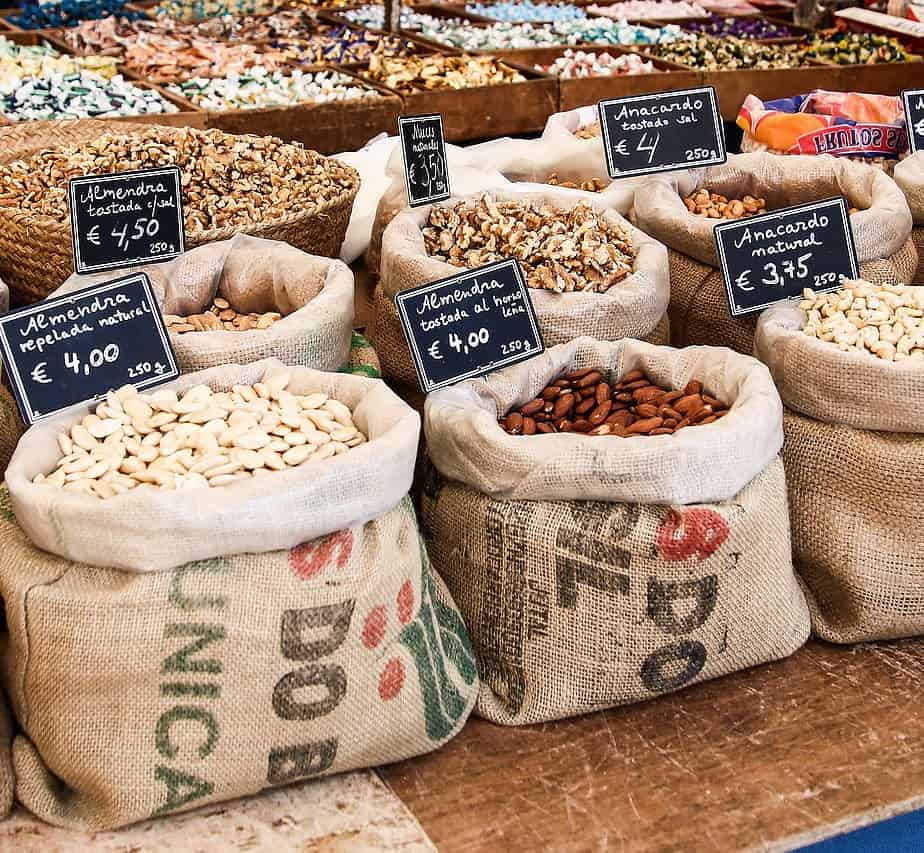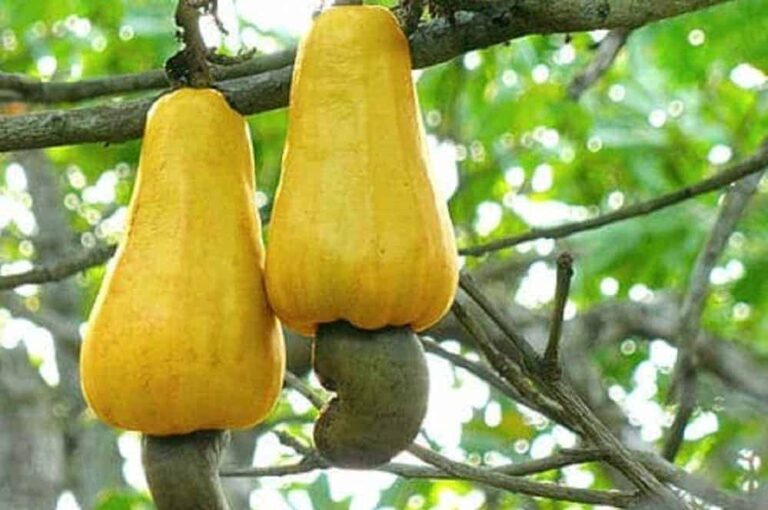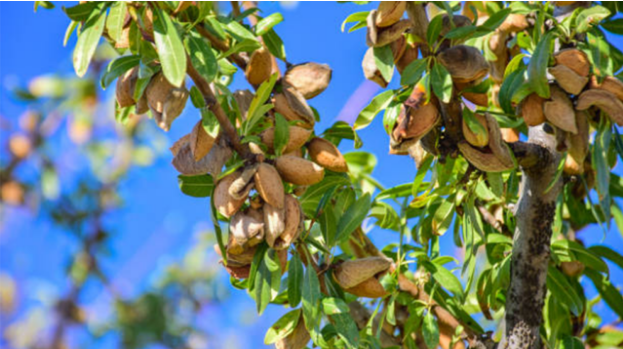Climate Change Effects On The Future Of The Nut Industry
The nut industry is one of the many agricultural businesses feeling the effects of a changing climate. Rising temperatures, shifts in precipitation patterns, and prolonged droughts contribute to decreased nut production and, in turn, lower profits for nut growers. To remain competitive in the future, nut growers must understand the implications of climate change and adapt accordingly. In this article, we will explore the impact of climate change on nut production, the opportunities for adaptation, and the economic implications for the industry.
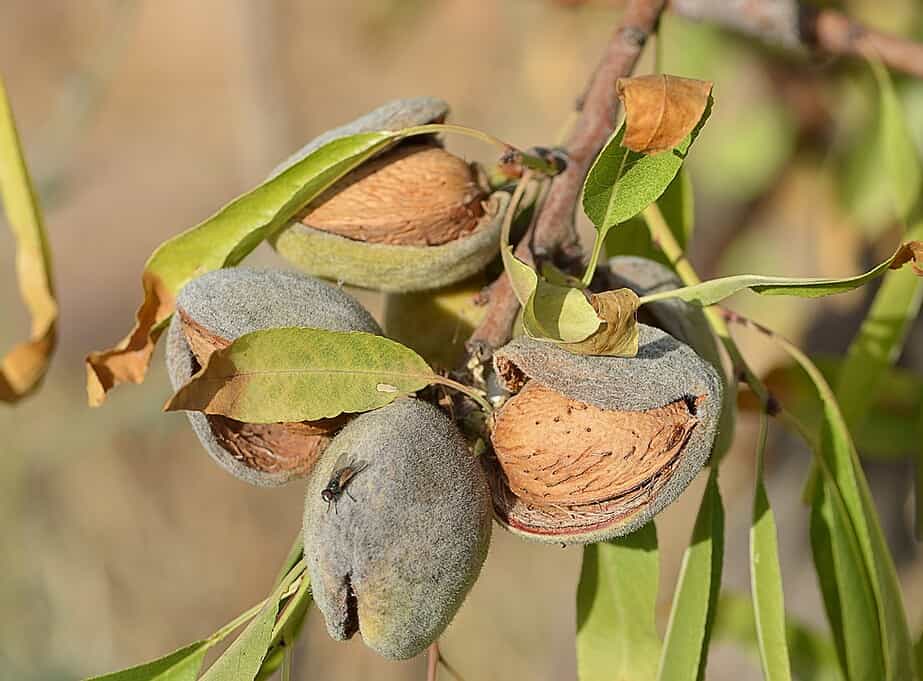
The Impact of Climate Change on Nut Production
The nut industry has long relied on optimal weather conditions for successful nut production. However, climate change is drastically altering these conditions, with many areas experiencing prolonged droughts, more extreme temperatures, and significant shifts in precipitation. These changes have impacted the growth cycle of many nut varieties. Leading to reductions in yields and a greater risk of crop failure. In addition, certain pests and diseases are becoming more widespread due to the changing climate. Others are becoming more difficult to eradicate. Unpredictable weather conditions have also resulted in greater fluctuations in nut prices and lower revenues for nut farmers.
The effects of climate change on nut production are far-reaching and potentially cause significant economic disruption. In addition to the direct impacts on nut farmers, the changing climate could lead to shortages of certain nut varieties. The effect will be higher consumer prices. Furthermore, an increase in crop failure could decrease the availability of certain nut products, such as snacks and confectionery. As the climate continues to change, the nut industry must take steps to mitigate the impacts of climate change. Ensuring the long-term sustainability of nut production.
Assessing New Opportunities in a Changing Environment
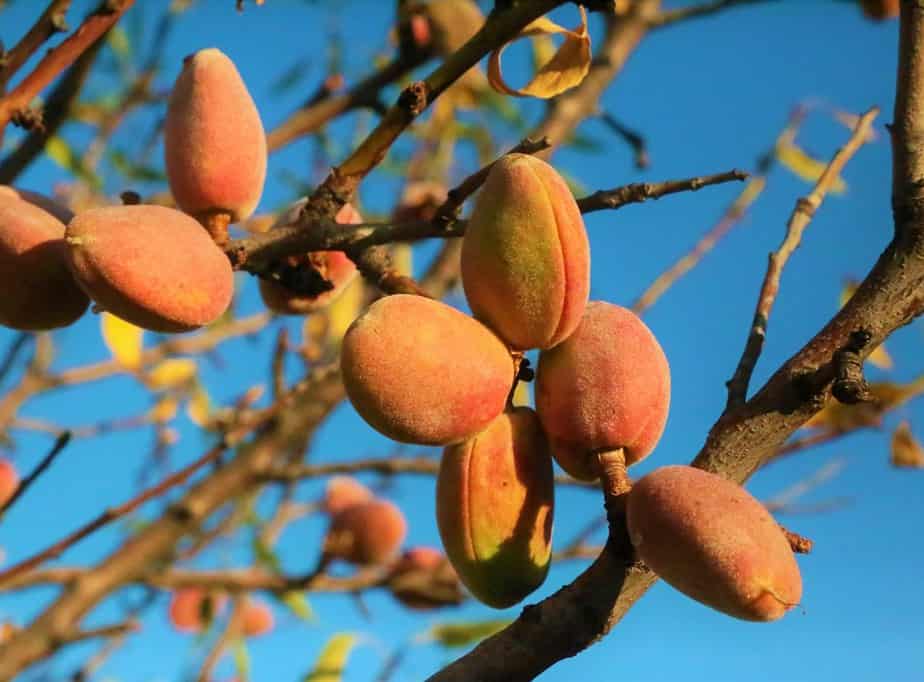
Though climate change presents many challenges for nut producers, it also offers potential opportunities for adaptation. For instance, some nut varieties are better suited to warmer climates or dryer conditions than others. Nut farmers can take advantage of this by diversifying their operations and planting varieties more resistant to the changing climate. Additionally, advances in technology can be used to improve irrigation techniques, allowing nut growers to maximize yields. Despite decreasing water availability.
In addition to diversifying their crops, nut producers can also take advantage of new marketing opportunities. For example, consumers are increasingly interested in sustainably-sourced products, and nut farmers can capitalize on this trend. Emphasizing on the sustainability of their operations. Nut producers can differentiate their products and attract new customers by highlighting their commitment to environmental stewardship.
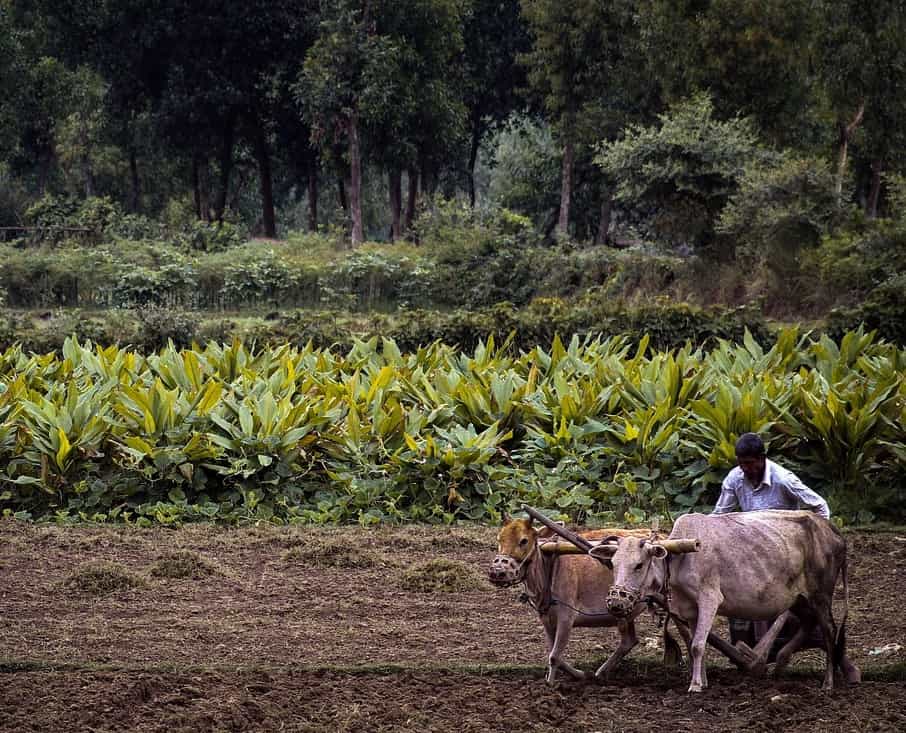
How Nut Growers are Adapting to Climate Change
To combat the effects of climate change and ensure their operations remain profitable, many nut growers are turning to sustainable practices and climate-smart agriculture. By implementing more efficient irrigation systems, conserving water, and utilizing cover crops to protect soil fertility, nut farmers can reduce their emissions and lessen their dependence on natural resources. Specifically, by increasing their use of renewable energy sources and investing in climate-resilient production options. Nut growers can reduce their carbon footprint while also improving their bottom line.
Nut growers are also exploring new technologies to help them adapt to a changing climate. For example, some use precision agriculture to monitor soil moisture levels and optimize irrigation schedules. Others are experimenting with new varieties of nuts that are more resilient to extreme weather conditions. By investing in these innovative solutions, nut growers can ensure their operations remain profitable and sustainable in the face of climate change.
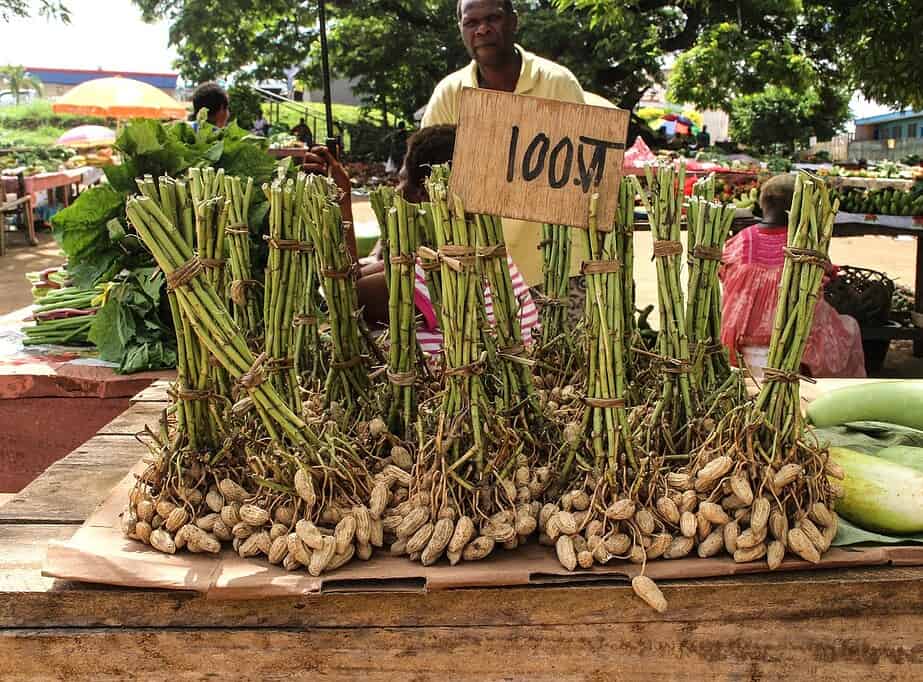
Analyzing the Economic Implications of Climate Change on Nut Production
The economic impacts of climate change on the nut industry are far-reaching and complex. Rising temperatures can decrease yields and lead to increased production costs. Today, shifts in precipitation patterns can make it difficult to predict prices or plan for the near future of the nut industry production levels. Additionally, prolonged droughts can reduce available water for irrigation, leading to further yield losses and decreased profits. To remain financially viable in a changing climate, nut farmers must carefully consider all potential economic implications.
Adapting to climate change will require nut farmers to invest in new technologies and practices that can help them mitigate the impacts of climate change. This will include investing in drought-resistant crops, irrigation systems that use less water, or new storage and processing technologies that can help protect against extreme weather events. Additionally, nut farmers may need to diversify their crops to reduce their risk and increase their resilience to climate change. By taking these steps, nut farmers can ensure that they remain profitable and sustainable in a changing climate.
Exploring the Need for Sustainable Growing Practices
Nut growers must also take steps to ensure their operations remain sustainable. Nut growers can reduce their environmental impact by adopting efficient irrigation techniques, using cover crops to conserve soil fertility, and implementing other conservation measures. Ensuring their operations remain profitable even as the climate changes. Additionally, nut farmers can reduce their emissions by investing in renewable energy sources, such as solar panels and wind turbines. Overall, lessening their dependence on natural resources.
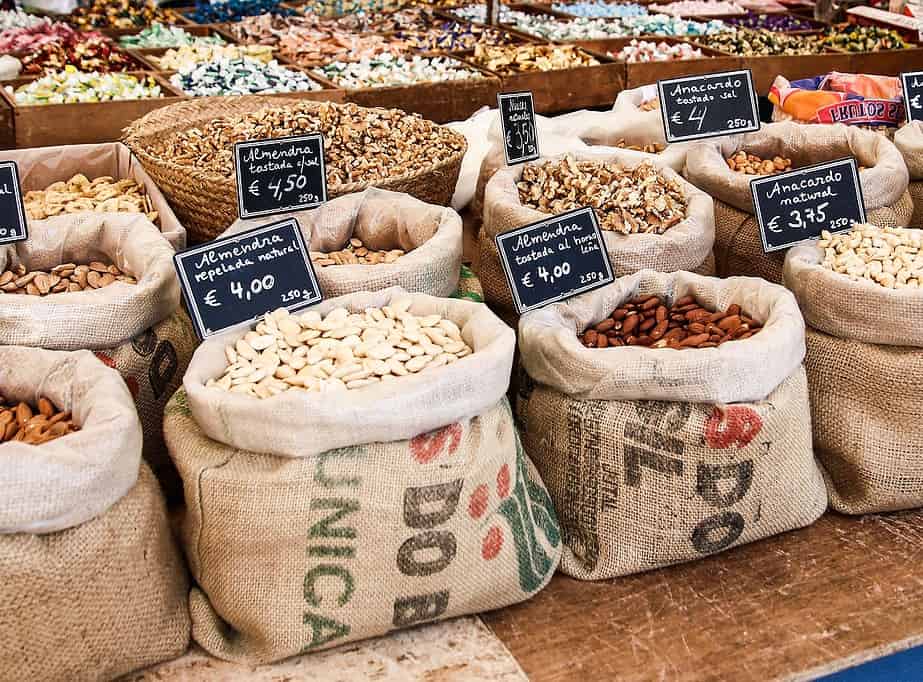
Examining the Effects of Climate Change on Nut Quality
Climate change effect will impact not only the number of nuts produced but also the crop quality. Warmer temperatures can lead to increased pests and diseases. While shifts in precipitation can cause nuts to ripen too quickly or slowly. In addition, extreme weather events such as floods and droughts can lead to decreased yields due to improper pollination or nutrient deficiencies. To combat these issues, nut farmers must invest in more resilient varieties and prioritize sustainable growing practices.
Harnessing Technology to Help Combat Climate Change Challenges
New technologies are also helping nut producers adapt to a changing climate. Precision agriculture techniques allow farmers to monitor their fields more and make informed decisions about irrigation and fertilization practices. In addition, automated systems can help farmers optimize their operations. This happens with data collection on soil moisture levels, weather patterns, and pest and disease activity. These technologies can help nut growers reduce their environmental impact while also maximizing yields.
Looking Ahead: Forecasting the Future of the Nut Industry
The future of the nut industry is uncertain between today and 2050. It can remain profitable with proper planning and adaptation of efficiency strategies. Despite the many challenges associated with climate change, there are clear ways to increase yield and quality. Nut farmers can ensure their operations remain economically viable even as the climate shifts. Specifically, utilizing sustainable growing practices, investing in resilient varieties, and harnessing new technologies to optimize operations. With these strategies in place, nut farmers will be better positioned to profit in the future of the nut industry.

